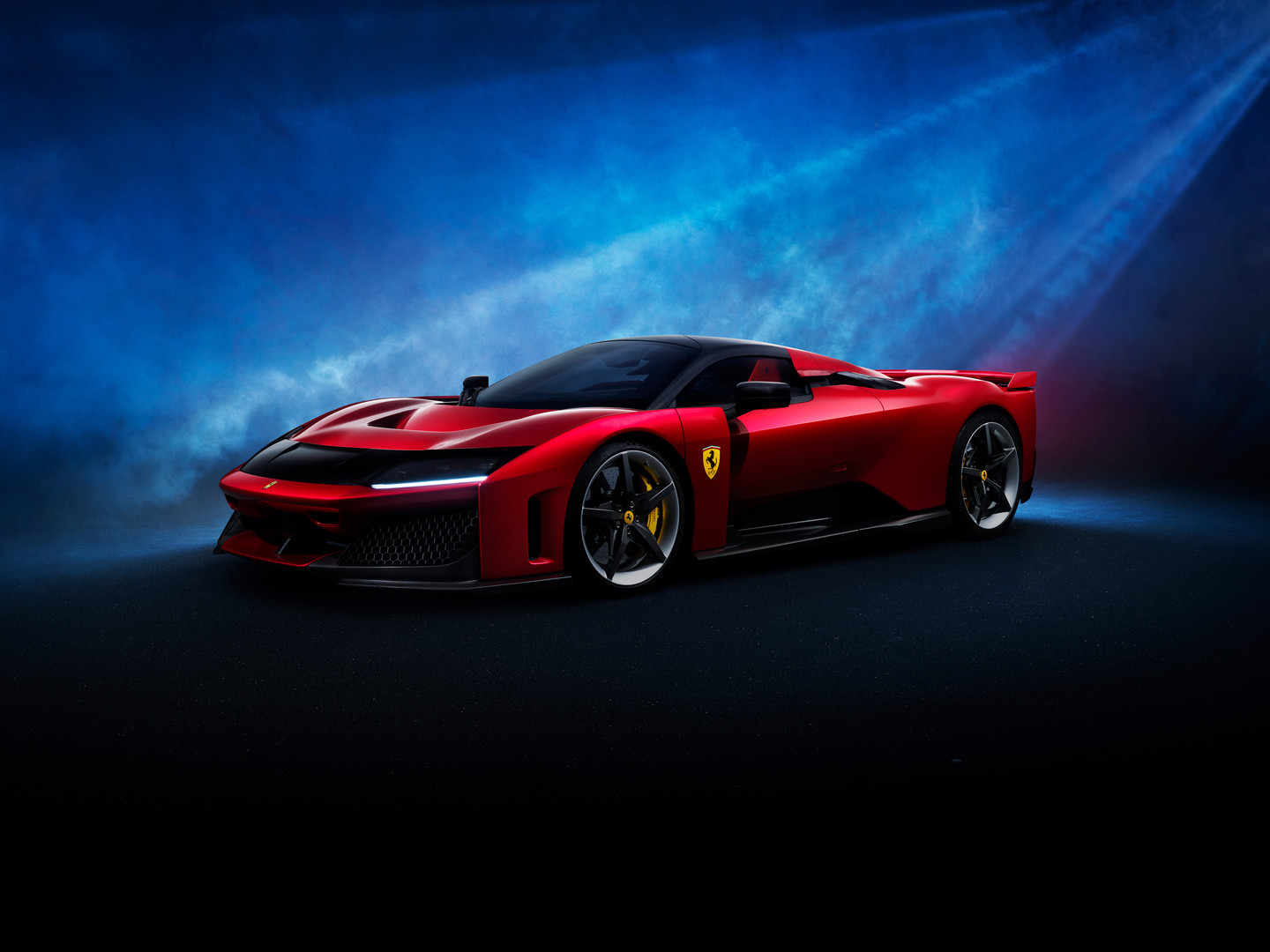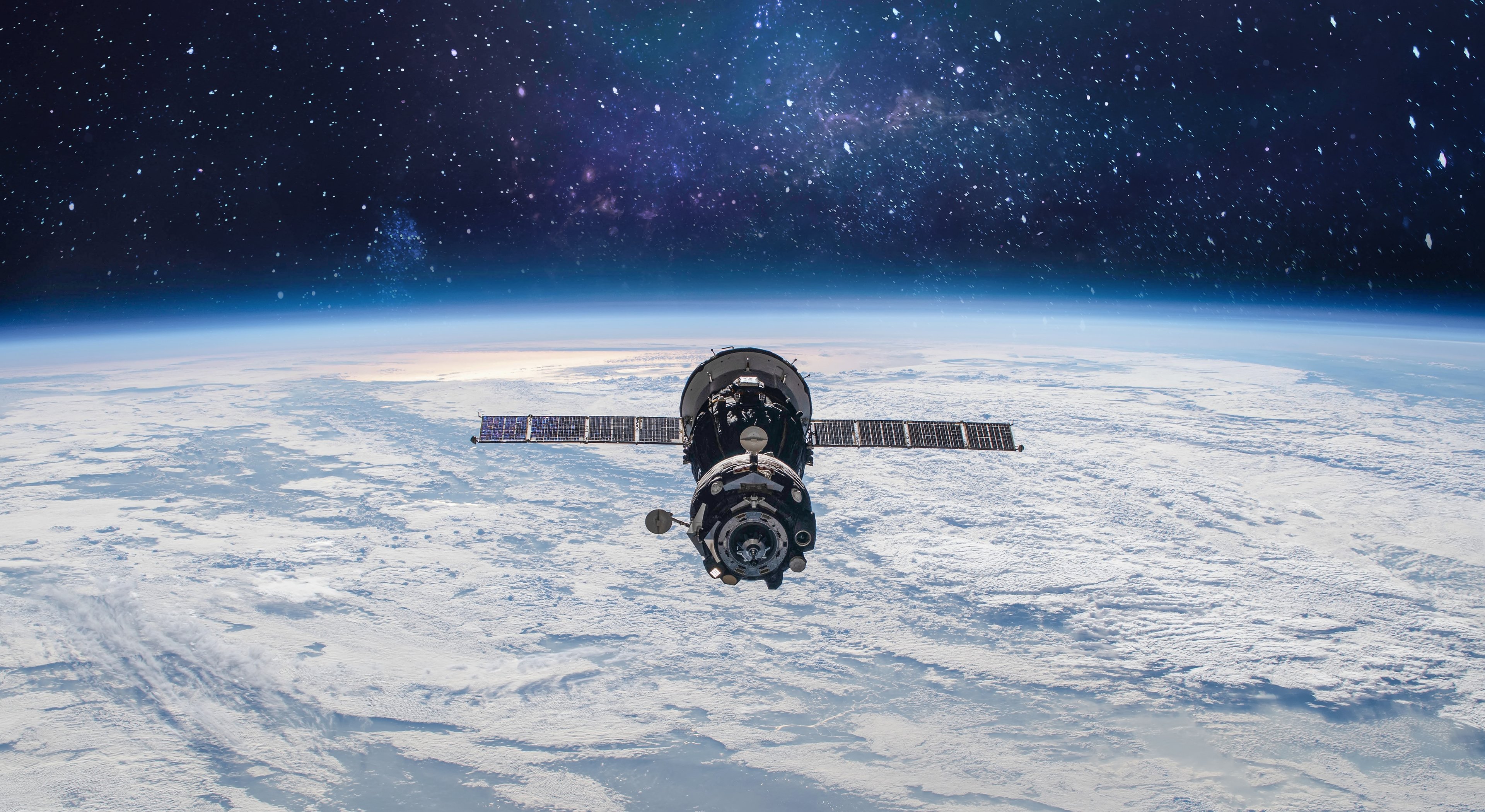Last week, Mobileye (MBLY +0.00%) announced that it was going to be acquired by Intel (INTC +0.13%) in a mammoth $15.3 billion deal.
In this clip from Industry Focus, Fool analysts Sean O'Reilly and Simon Erickson explain what Intel wants from the tiny and not particularly profitable auto tech company, how this compares to Intel's previous acquisitions, and what this probably means for the chip giant's long-term growth strategy. Also, they explain a few reasons that some analysts are less than keen on the buy.
A full transcript follows the video.
This podcast was recorded on March 16, 2017.
Sean O'Reilly: Simon, earlier this week, we got big news that Mobileye had agreed to be acquired by none other than computer-processing chip juggernaut Intel. I immediately thought of you, quite frankly, when I saw this news. I was like, "Oh my gosh, Simon is going to lose his mind." It's perfect that you're at South by Southwest. Mobileye, as I understand, it has never been a premium pick for The Motley Fool, but to my knowledge, we all talk about it a lot at headquarters. Why is this such a big deal?
Simon Erickson: I think it's a confirmation for a lot of people that self-driving cars is not just a pipe dream or a science project. We saw some pretty aggressive forecasts for autonomous vehicles come out from Goldman [Sachs] last year, which said that it would go from being a $3 billion market in 2015 -- which wasn't even a commercial market, that was more an R&D market led by Google --
O'Reilly: I was going to say, how are we defining "market"? [laughs]
Erickson: Yeah, mostly just R&D work. Tesla has the Autopilot in all the vehicles it's shipped since 2014. Google has those little eggs driving around, if you've ever seen one of those.
O'Reilly: Oh, yes.
Erickson: But, they're saying it's going to be a $100 billion market in the next 20 years by 2025. When you see numbers like that, that are so small but growing so quickly, as an investor it demands your attention. Now, you see a company like Intel, that's really putting its money where its mouth is with this $15 billion acquisition, I think it adds a lot of credibility to those forecasts saying this is a real industry that's really going to come to fruition.
O'Reilly: Have you guys spent much time, on the premium side, talking about Intel? Are they off their rocker here? Because Mobileye, as I understand it, is not terribly profitable at present.
Erickson: That's right. Mobileye has working relationships with about 30 of the auto OEMs. They've committed, with Intel's partnership, to basically have a fully functional self-driving car by 2021. That puts us four years in the future that we should start seeing these out on the roads. But the step that was really required, before they could really make a big acquisition like this, was back in August, when Intel paid $400 million for Nirvana Systems, which was the AI platform that was necessary for self-driving cars and any kind of artificial intelligence. Now that they have that, Mobileye can really develop the vertical for automotive. Intel was here at South by Southwest. They talked a lot about AI. They're investing heavily in this because they don't want to fall behind the other big companies like IBM and NVIDIA that are also investing heavily in there.
O'Reilly: Right. I'm sure they have a big eye over at NVIDIA, because, we both grew up with Intel processing being in basically every personal computer we ever owned. Then, NVIDIA was the graphics chips guys. Now, NVIDIA, there's whispers of them being the driverless-car stock. I wanted to give our listeners some context for just how crazy, numerically, this purchase is. 2011, Mobileye's net revenue -- do you know this off the top of your head, Simon?
Erickson: No. Go right ahead, Sean.
O'Reilly: $19.2 million. Total revenue. It's been growing like crazy, that's awesome. Last year, revenue came in at the year-end, December 31, at $358 million. Actually, I misspoke a bit earlier, they made $100 million, excuse me. But, they paid $15 billion for a company that is generating revenues of $358 million and profits of $108 million. The P/E ratio there is not great.
Erickson: It's through the roof, right?
O'Reilly: A little bit. You can't do a discounted cash flow model on something like Mobileye. What do you think Intel is thinking? You're talking about, they don't want to be left behind, and that's fine. But at that point, it becomes a defensive move. Do you think this is actually worth more than $15 billion right now?
Erickson: I think it's a shift in Intel's strategy. Automotive has always been a huge industry. The U.S. alone spends $500 trillion a year on the wholesale vehicles, just on selling the cars up front. On top of that, we spend another $250 trillion a year on insuring vehicles with auto insurance. I say a shift in strategy -- this has always been a very large industry. It's just a matter of, before you had cloud computing and AI platforms and internet everywhere to connect everything and make sense of it, there wasn't really a possibility of having self-driving cars. Now I think is the time, and you really see Intel capitalizing on this. Do you remember the last big acquisition that Intel had, Sean?! It was McAfee back in 2011, which was about an $8 billion acquisition. That's the last really big acquisition that Intel has had.
O'Reilly: So, this is enormous.
Erickson: Yes, it is. With Intel, we've gotten in the habit of seeing $1 billion a year on acquisitions since then. They typically spend $5 [billion] to $10 billion on stock buybacks, and $4 billion a year on dividends. So, it's typically been a tech company that's legacy, they've been using their cash flows just on dividends and buybacks. Now, all of a sudden, you see this $15 billion acquisition of Mobileye, you have to assume this means they're back stepping on the accelerator, to use a bad pun, back into growth mode again.
O'Reilly: Yeah. Last year, in 2016, Intel's net income was $10 billion, cash from operations was $21 billion, and capex was $9.6 billion. So, free cash flow of around $11 billion. This is a chunk of change, for sure.






